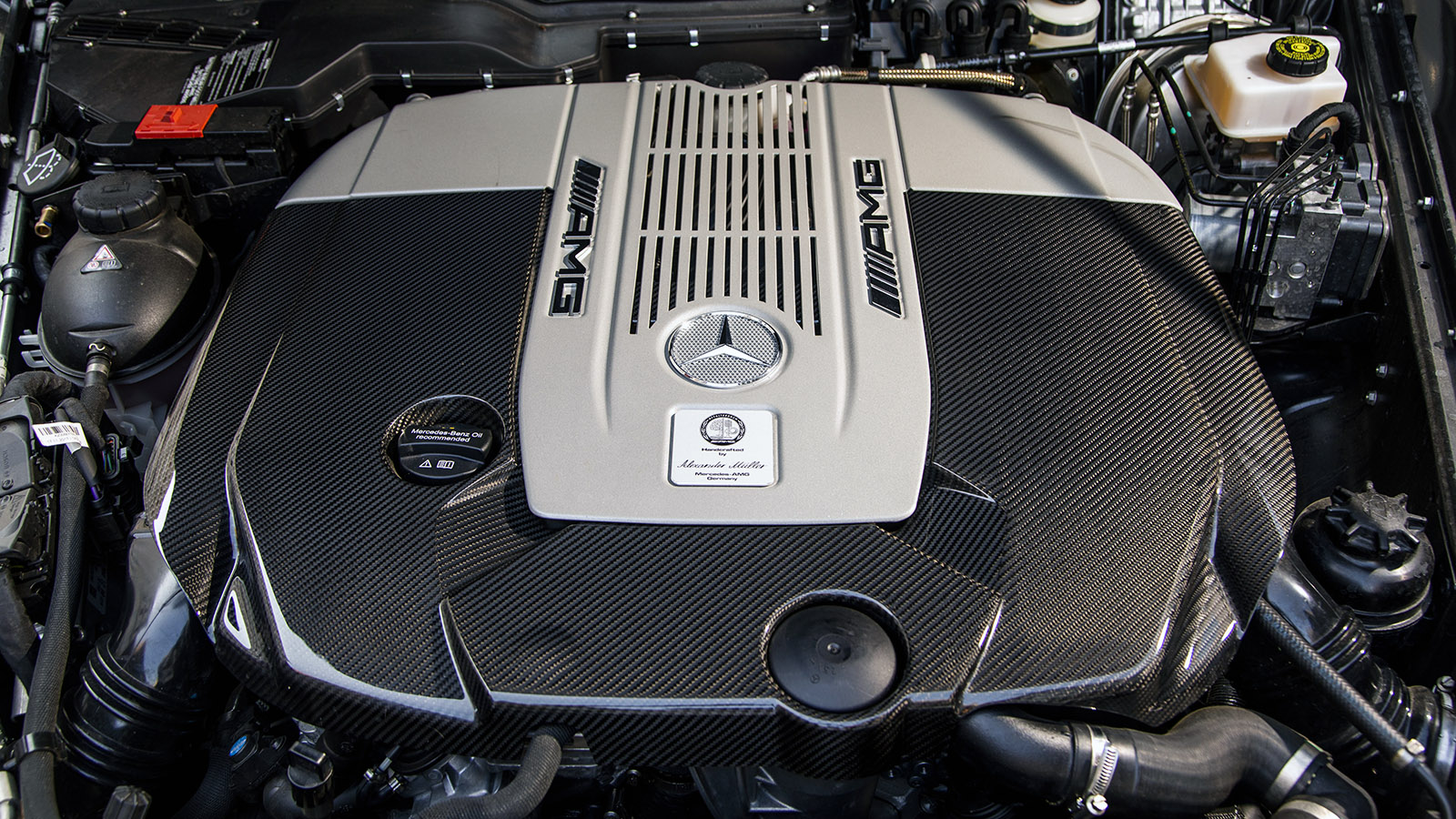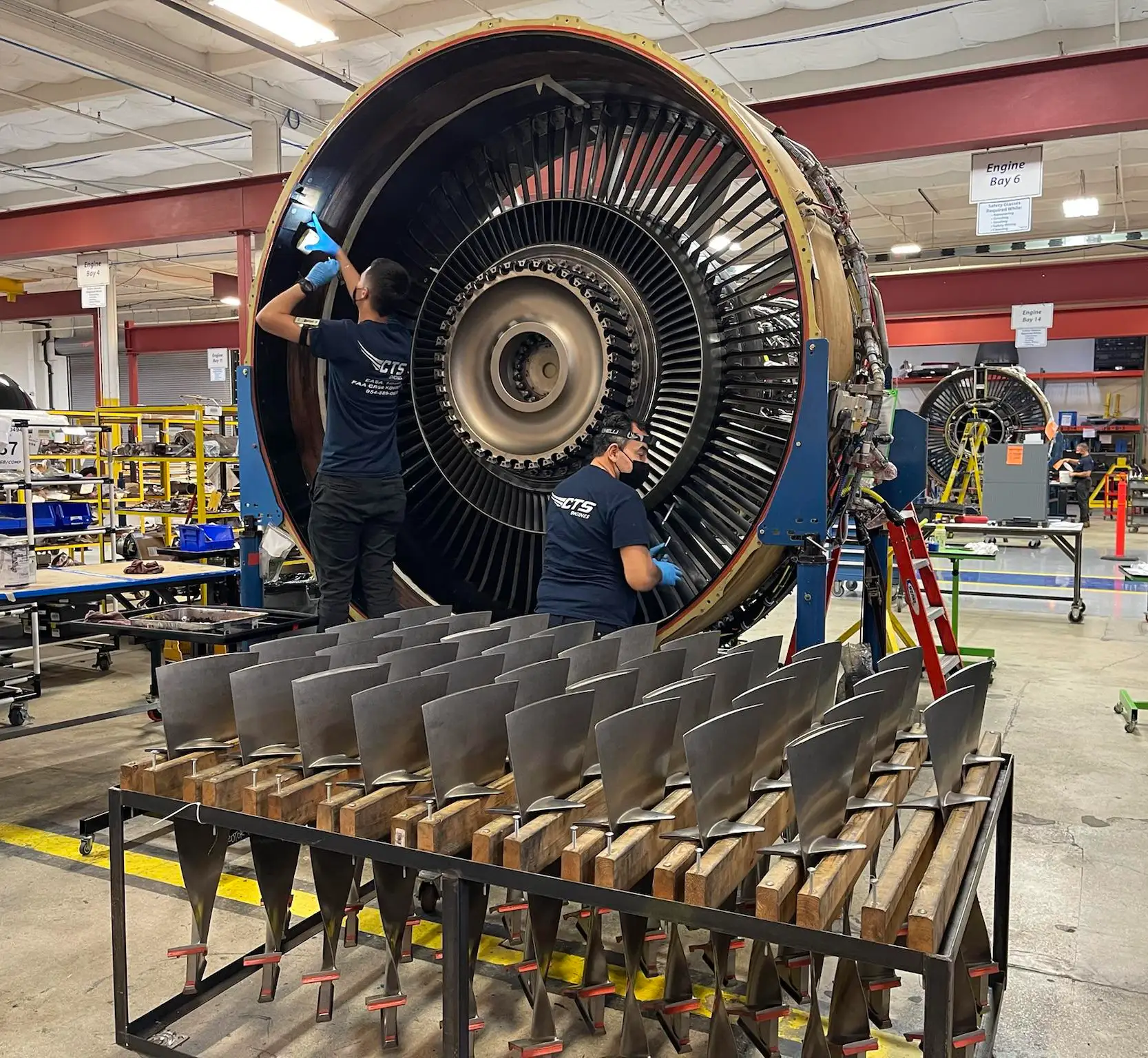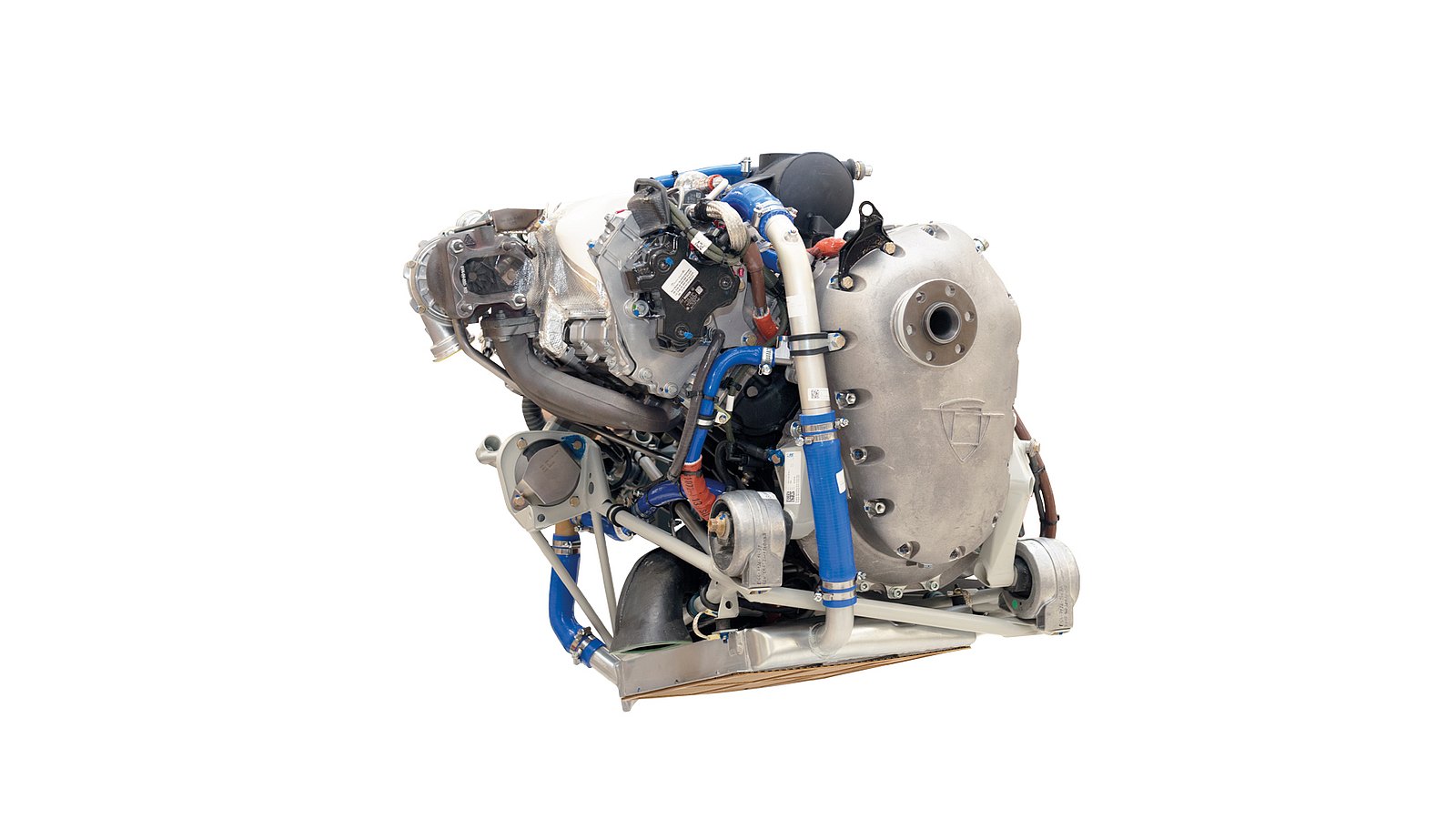Just How Engines For Africa Delivers Worth and Efficiency
Just How Engines For Africa Delivers Worth and Efficiency
Blog Article
Check Out a Vast Array of Engines for every single Vehicle and Objective
The automobile landscape is progressively complicated, with a diverse array of engine types designed to meet details efficiency and performance demands across various vehicle categories. From the high-performance engines that power sporting activities autos to the fuel-efficient alternatives customized for everyday commuting, the choices are substantial and differed. Furthermore, durable engines serve the demands of job cars, while green options are acquiring traction in the search of lasting transportation. Recognizing these differences is vital for making notified decisions, specifically as arising innovations remain to form the future of vehicle engineering. What effects might these improvements hold for consumers and manufacturers alike?
Kinds Of Automotive Engines
Automotive engines can be classified into a number of distinctive types, each created to meet certain efficiency and efficiency demands. One of the most common classifications consist of internal burning engines, electrical engines, and hybrid systems.

Electric engines, on the various other hand, operate on electrical power saved in batteries, offering instantaneous torque and zero discharges. These engines are coming to be progressively preferred due to improvements in battery technology and the growing focus on sustainability.
Crossbreed systems combine both interior burning and electrical engines, enabling lorries to maximize gas performance and decrease exhausts by seamlessly changing in between source of power. Each engine kind provides its drawbacks and advantages, influencing factors such as lorry design, planned use, and market demand. When choosing the proper engine for their particular needs., understanding these differences is crucial for consumers and manufacturers alike.
Performance Engines for Sports Cars
Performance engines for sporting activities automobiles are especially engineered to deliver improved power, speed, and agility, establishing them in addition to typical automotive engines. These engines usually use innovative technologies such as turbocharging, supercharging, and variable valve timing to make best use of efficiency and responsiveness.
Usually, efficiency engines are created with greater compression proportions, which enable greater power removal from gas. This causes excellent horsepower and torque numbers, allowing quick velocity and greater full throttle. Furthermore, the light-weight materials utilized in these engines, such as light weight aluminum and carbon fiber, add to lowered total vehicle weight, enhancing handling and maneuverability.
Engine arrangements like V6, V8, and even hybrid systems are typical in performance cars, each offering one-of-a-kind advantages in regards to power delivery and driving dynamics. The adjusting of these engines is also important; several producers optimize the engine management systems to provide an exciting driving experience, commonly consisting of sport modes that change throttle action and gear shifts.
Reliable Engines for Daily Commuters
In the realm of everyday travelling, efficient engines play an important role in optimizing gas economic situation and decreasing discharges while providing reliable efficiency. As urban populations expand and environmental concerns intensify, the need for vehicles click over here furnished with efficient powertrains has risen.
Modern engines designed for daily travelers commonly include modern technologies such as turbocharging, straight gas shot, and crossbreed systems. Turbocharging improves engine efficiency forcibly even more air into the combustion chamber, permitting smaller, lighter engines that do not jeopardize power result. Straight fuel injection boosts gas atomization, causing better burning and boosted efficiency.
Crossbreed engines, integrating internal combustion with electric power, more enhance fuel economy, especially in stop-and-go traffic, where traditional engines can suffer from ineffectiveness. Electric motors help throughout acceleration and can run separately at low speeds, lowering overall fuel usage.
Furthermore, developments in engine administration systems and light-weight products contribute substantially to efficient engine style. By concentrating on efficiency, sturdiness, and environmental sustainability, makers continue to deliver engines that not only satisfy the needs of day-to-day commuting yet also line up with worldwide initiatives to reduce carbon footprints.
Heavy-Duty Engines for Job Automobiles
Durable engines for job vehicles are consistently engineered to supply phenomenal torque and reliability under demanding problems. These engines are designed to carry out in settings where conventional engines may fail, such as building and construction sites, logging operations, and agricultural setups. The primary focus of heavy-duty engines is their capability to generate high levels of power while maintaining longevity over extended durations of procedure.
Normally, heavy-duty engines use sophisticated materials and durable building strategies to stand up to the roughness of hefty work. Functions such as enhanced cylinder blocks, boosted air conditioning systems, and advanced gas shot technologies contribute to their efficiency. These engines frequently run at reduced RPMs, which aids to maximize fuel effectiveness while providing the essential power for pulling and hauling.
In addition to mechanical robustness, heavy-duty engines are often geared up with advanced digital control systems (ECUs) that handle efficiency, emissions, and diagnostics. This integration enables better surveillance and upkeep, making certain that job lorries remain operational and effective.
Inevitably, heavy-duty engines are an essential part in the productivity of different markets, giving the essential power and reliability to take on the hardest of tasks.
Eco-Friendly Engine Options
The growing emphasis on sustainability has brought about the advancement of eco-friendly engine options that focus on decreased discharges and improved gas efficiency. These engines are made to decrease the environmental influence of cars while still providing the performance and reliability anticipated by customers.
Among one of the most significant eco-friendly alternatives are hybrid and electric engines. Hybrid engines combine standard interior combustion engines with electrical propulsion, allowing for decreased click to find out more gas consumption and lower greenhouse gas discharges. Electric engines, on the other hand, run completely on battery power, creating absolutely no tailpipe discharges and contributing to cleaner air high quality.
An additional encouraging development is the development of biofuel engines, which utilize my response renewable energies, such as plant products, to power vehicles (Engines For Africa). By utilizing biofuels, these engines can lower reliance on nonrenewable fuel sources and reduced general carbon footprints

As the automobile sector progresses, environment-friendly engine options will certainly play an important duty in driving the shift in the direction of more sustainable transport services.
Verdict
From high-performance engines that enhance sports cars and truck capacities to efficient models prioritizing fuel economic climate for everyday travelers, each kind offers a certain feature. Sturdy engines cater to robust work cars, while eco-friendly choices, such as electrical and biofuel engines, advertise lasting transport.

Report this page